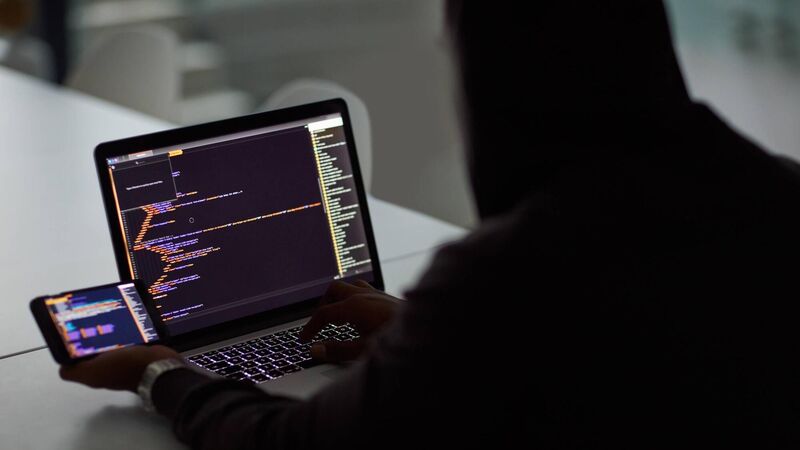Cyberattacks remain a threat for Irish businesses, report shows

PwC’s 2024 Digital Trust Insights survey found nearly seven out of 10 Irish respondents reported they would increase their cyber budget in the year ahead.
Several Irish companies expressed concern about cyber threats, including ransomware and business email compromise, in a global survey carried out by professional services firm PwC.
More than half of 50 Irish respondents said they expected generative AI to lead to “catastrophic cyberattacks” in the next 12 months, according to the survey of nearly 4,000 business and tech leaders across 71 countries.














